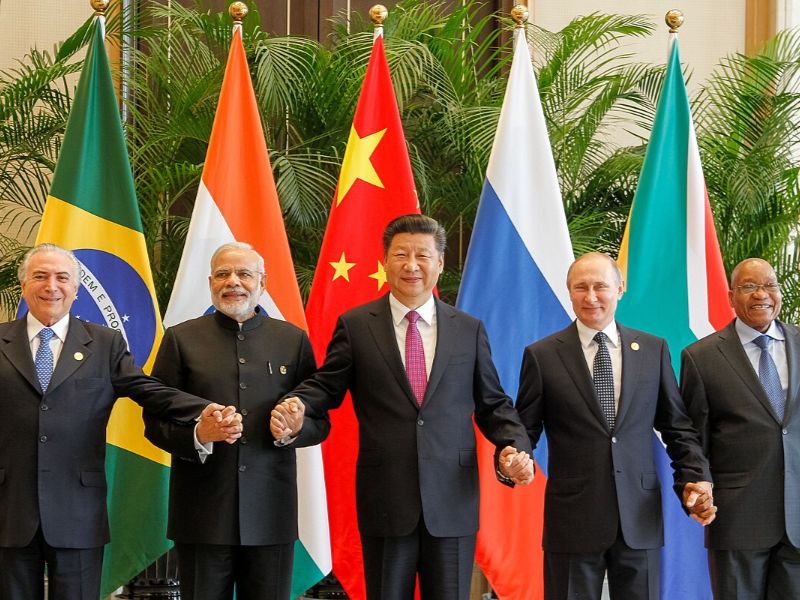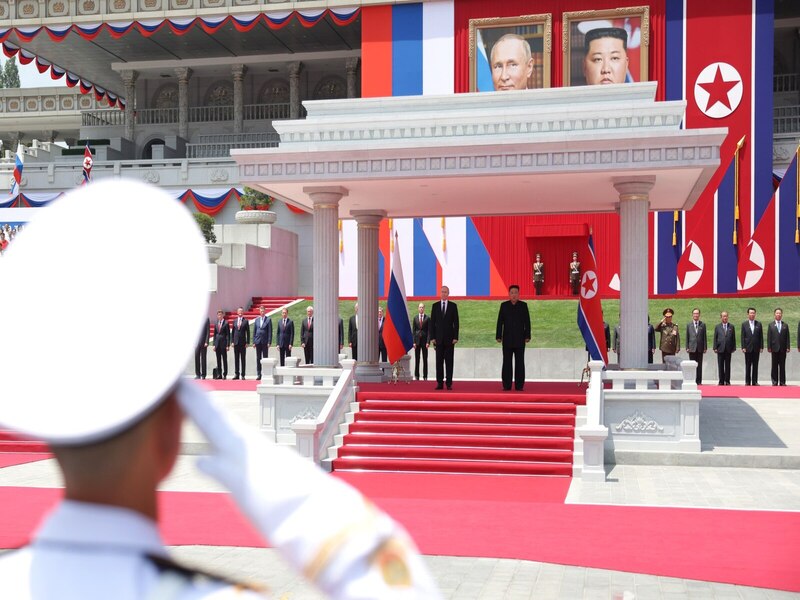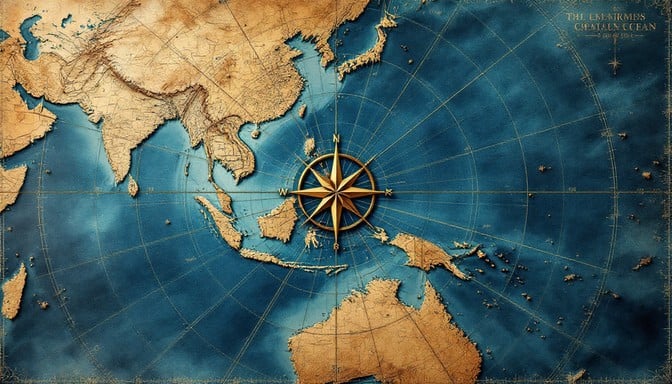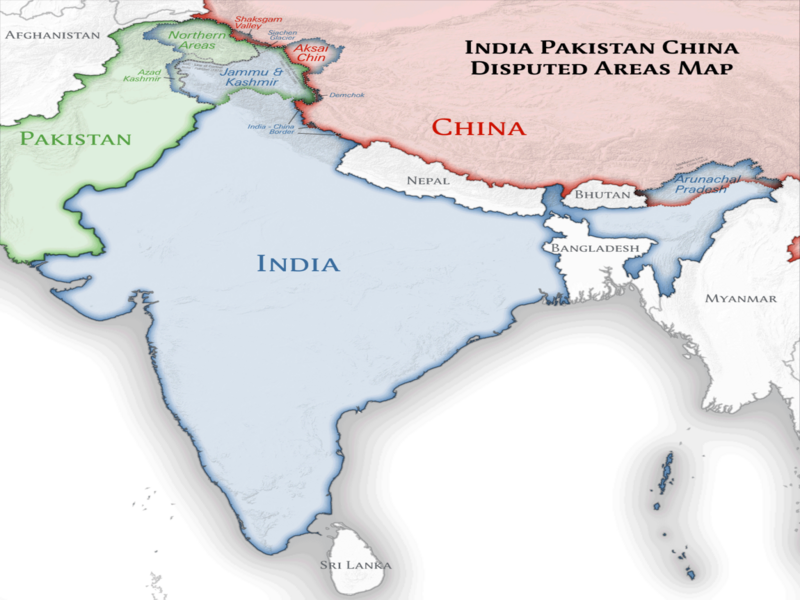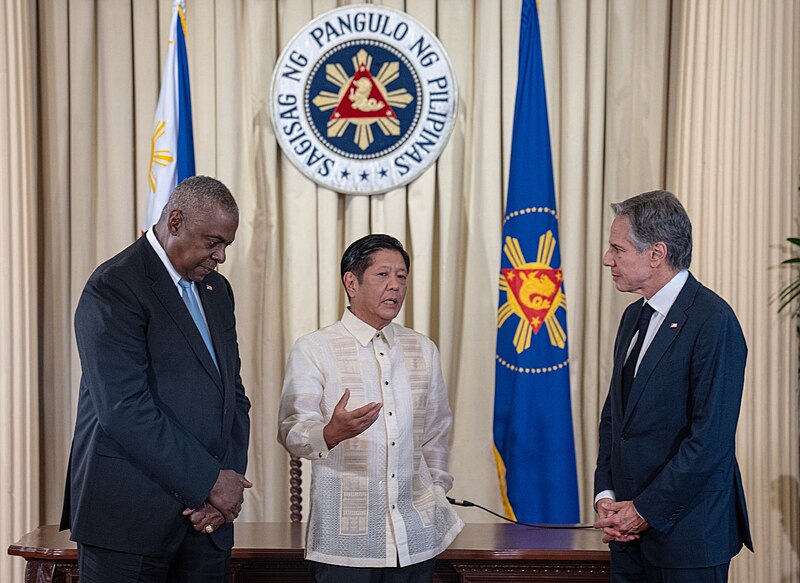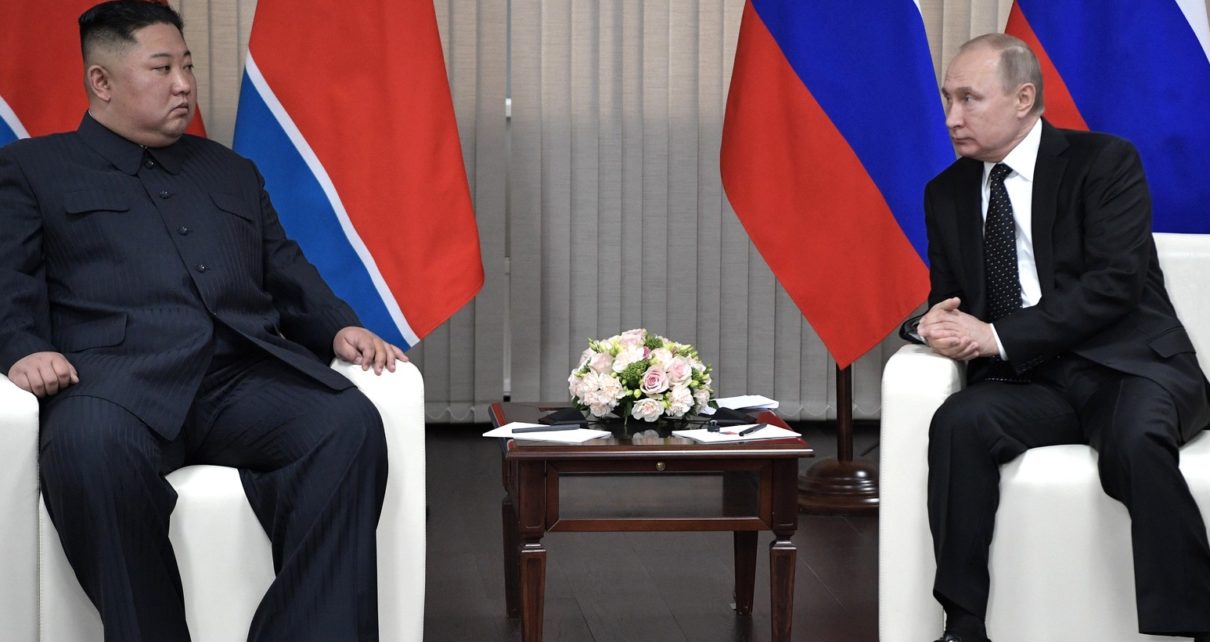By Daniel Lincoln The modern Indo-Pacific is witnessing assertions of strategic autonomy that challenge classical geopolitical logics and patterns of great power competition. During the 2025 Shangri-La Dialogue in Singapore, regional leaders signaled that they will not be corralled into binary agreements amid intensifying US-China rivalry. The forum revealed a fundamental rejection of zero-sum superpower Read More…
Indo-Pacific and NATO
The Indo-Pacific is the geopolitical centre of the world and combines the Asia-Pacific and the Indian Ocean into a single region. As a strategic concept, the Indo-Pacific captures the interest of global powers like the U.S., China, India, Australia, Japan, and the UK, and tests NATO’s ability to adapt and maintain global peace in an inter-connected world. The program’s mandate is to provide Canadians with an analysis of security challenges in the region and to uncover the interplay of global powers, amidst emerging multipolarity in the region.
The Other Hemisphere: NATO’s engagement with the Global South
NATO’s relevance in a multipolar world depends on engaging the Global South. From India to the Gulf, new partners can help NATO secure trade, energy & stability ensuring the alliance adapts and leads in shaping global order.
North Korea and Russia: A Growing Military Alliance with Global Implications
As Russia and North Korea deepen their military alliance, the threat spans from Kyiv to the Korean Peninsula. To meet this global challenge, NATO and South Korea must strengthen defence ties and industrial cooperation.
Specific Pacific: What NATO can Gain from Improving Relationships in the Indo-Pacific
In his newest article, James Lautens explores why NATO should focus on building stronger relationships in the Indo-Pacific and what opportunities can be derived from such an investment. He argues that by investing in and cooperating with the democracies in the region, NATO can curb the influence of Russia and China, who are increasingly challenging the rules-based international order.
The India Imperative: Navigating the Pakistan Crisis and Indo-Pacific Power Shifts
The escalating crisis between India and Pakistan highlights the urgent need for Western governments to reassess their strategic posture in South Asia. India’s growing geopolitical weight makes it an indispensable partner in counterbalancing authoritarian powers in the Indo-Pacific which seek to change borders through force. The West must prioritize a pragmatic and durable alignment with India to promote regional stability, deter future aggression, and reinforce a rules-based international order.
The Centre Holds: What NATO Can Learn from South Korea’s Democratic Crisis
Last December, in a bizarre move, the former president of South Korea Yoon Suk Yeol declared martial law. Speculation abounded as to why he did so. The BBC reported, after interviewing members of his inner circle, that Yoon Suk Yeol was driven by an urge to win, and viewed the South Korean opposition leader, Lee Read More…
Special Report on the West Philippine Sea Maritime Dispute (Part 1): Deciphering the Fourth US – Philippines 2+2 Ministerial Dialogue and the Underlying Challenges to the Security Treaty Alliance
Abstract: The United States (US) and its Southeast Asian non-NATO major ally, the Philippines, have just concluded the fourth US – Philippines 2+2 Ministerial Dialogue hosted in Manila on July 30, 2024. In Part 1 of this special report, Contributing Writer Mark Davis Madarang Pablo examines the key takeaways from this historic meeting. This analysis Read More…
The Importance of Taiwanese Sovereignty: Beyond Economics and Military Strategy
Recent media coverage of the West’s involvement in mitigating tensions between China and Taiwan has generally focused on the same handful of questions: Has China increased its aerial and naval drills near Taiwan’s shores, and why? What is the likelihood of a direct military conflict between the United States and China over Taiwan’s sovereignty? What Read More…
Canada’s Need For A Comprehensive Arctic Strategy Amid Russian And Chinese Threats
On August 26, 2022, NATO’s Secretary General Jens Stoltenberg warned Canada’s Prime Minister Justin Trudeau about Russia and China’s investments and intentions to build military, commercial, and industrial capacities in the Arctic. This is not new information. Russia and China made their Arctic strategies publicly available in 2009 and 2018, respectively. News articles frequently detail their interests and successes in the region. Despite this, Canada has Read More…
Rogue Allies: A Partnership of Desperation, Russia and North Korea
As Russia experiences growing isolation since its invasion of Ukraine, Moscow has sought to deepen its relationship with the Democratic People’s Republic of Korea (DPRK). This relationship, which had previously collapsed with the Soviet Union’s dissolution in 1991, has witnessed a prominent resurgence. The new relationship is marked by secrecy and mutual assistance aimed at Read More…


